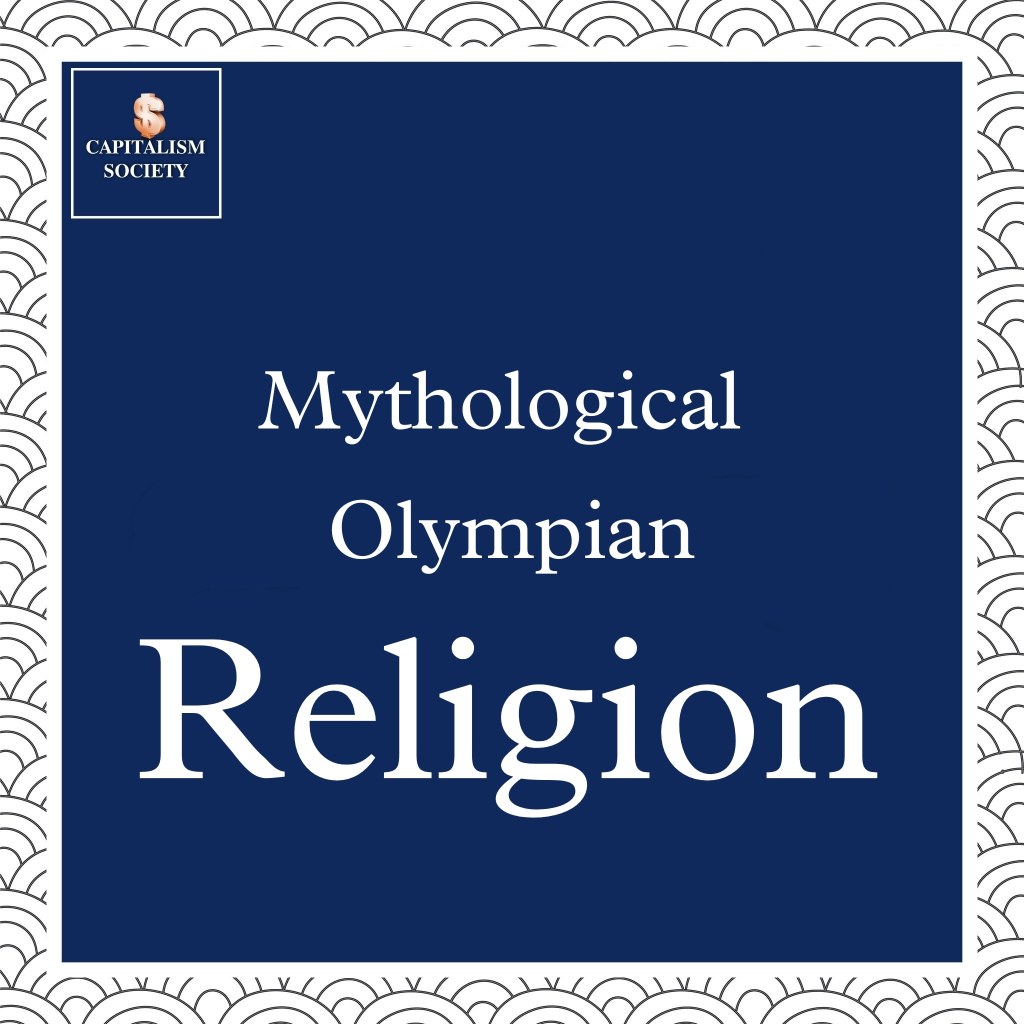The progressive development of mankind was determined by the further advance of the productive forces and , primarily , by the perfection of the instruments of labour . The remains of tools of fossil man were discovered in China , India , Ceylon , Burma , Algeria , Kenya , Uganda , Tanganyika and other regions of South Africa and Europe . In the U.S.S.R. the remains of fossil man and his tools were discovered in Armenia , the Crimea , along the Black Sea Coast of the Caucasus , in Central Asia and along the Dniester River .
Category: imagination,philosophers, observation,greek, scientific rechearch,phinomena,
Mythological Olympian Religion

By the 6th century B.C. more or less similar religious beliefs were held in common in all regions inhabited by the Greeks . These beliefs formed the basis of the Olympian religion , so called after Mount Olympus which was believed to be the home of the Gods , headed by Zeus . The Olympian religion was not connected with any organised religious body , dogma or ritual . The temples of the gods , though of definite significance in the religious lives of the people , did not , how ever , form a single system ; likewise , there was no special strata of religious attendants , no high priests . When necessary , persons chosen by the popular assembly carried out various religious functions . By making the gods human , the Olympian religion was able to penetrate deep into the masses and influence the working people . In time the cult of the Olympian gods became the official religion of the Greek polises , sanctifying the class suppression of the slaves and poor labourers . The masses , dissatisfied with their lack of civil rights , often coun tered the official religion by inaugurating cults of their own patron gods . Such , for instance , was the cult of Dionisius , patron of the tiller , in whose honour feasts and celebrations were held . This religious dissention can be considered the prototype of all later religious heresies .
A Scientific Approach to Nature

The flourishing of culture was accompanied by the first scientific approach to nature . Budding scientific thought was not yet divided into various fields ; there were as yet no distinct and separate sciences . The Ancient Greek naturalist philosophers observed all spheres of life , from astronomy to medicine . These first attempts at scientific research were , at the same time , an expression of a materialistic outlook on nature . The concept that man was not the creation of super natural forces but that the gods had been created by man’s imagination , was beginning to take root . The practical observation of natural phenomena was conducive to the formation of a materialistic outlook .

